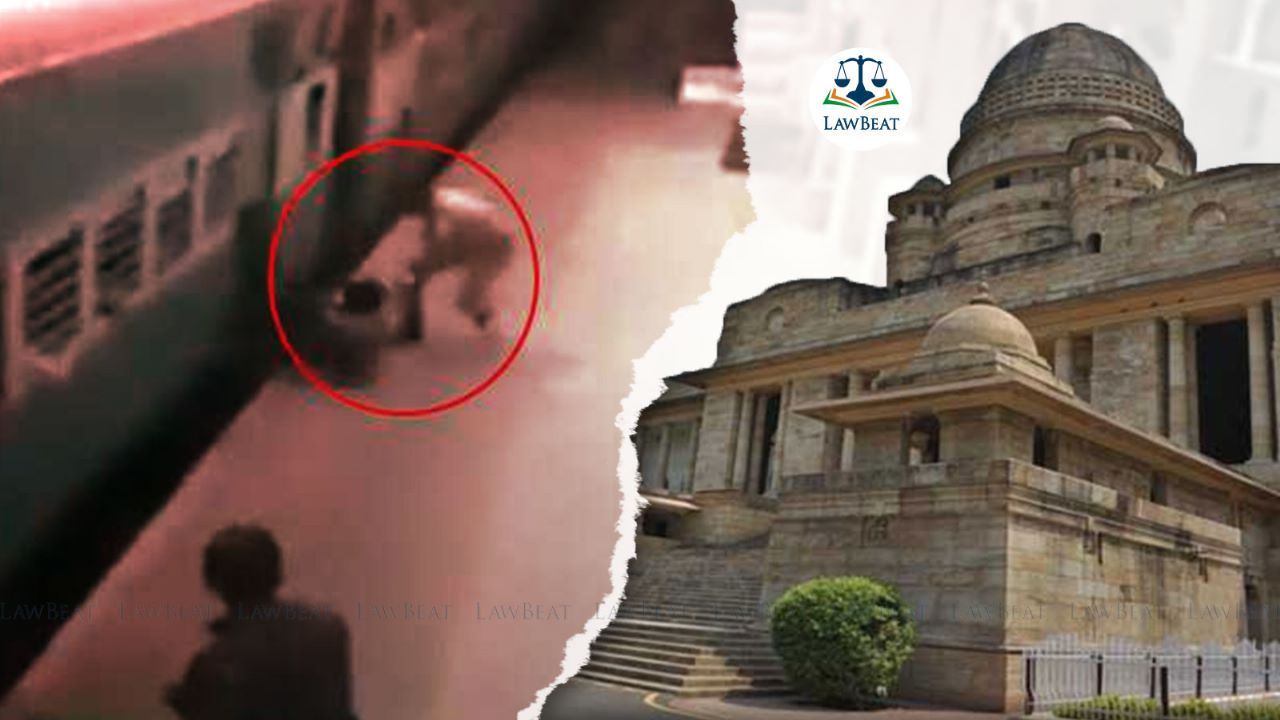Bombay HC Denies Compensation To Wife of Intoxicated Man Who Died While Boarding Train

The High Court denied compensation relying on the MLC report which showed that the deceased was intoxicated with alcohol.
A Single Judge Bench of the Bombay High Court (Nagpur Bench) comprising Justice Abhay Ahuja recently refused to interfere with the judgment of the Railways Tribunal denying compensation to the wife of the deceased because the deceased was intoxicated while boarding the train.
The deceased was traveling on the train and got down at a station for some work. However, when he was boarding the train, the train started suddenly and he met with an accident. He was treated at a hospital but he died a day later.
The Railways contended that when the deceased was taken for treatment, no valid ticket was found in his possession and that he was intoxicated with alcohol. Further, it was argued that no one had seen him deboard the train and that despite warnings the deceased tried to board the train.
The advocate for the wife of the deceased submitted that there was no evidence of the deceased being intoxicated in the post-mortem report and that the ticket might have fallen while boarding the train.
However, the Railways argued that the post-mortem report might not have detected alcohol due to the passage of time.
The High Court relied on the MLC (Medico-Legal Report) and said,
"The MLC report at page A-173 of the record and proceedings which suggests that the deceased when brought to the Community Health Centre at Junnardeo was having an alcoholic breath indicative of the fact that the deceased was in an intoxicated state while boarding the train is clearly an evidence which cannot be ignored."
The Court dismissed the appeal and noted that:
"The tribunal, in my view, is therefore correct in holding that the case of the appellants would fall under exception (d) to section 124A of the Railways Act. Therefore, the finding and the order of the Tribunal in denying the compensation under proviso (d) to section 124A of the Railways Act cannot be interfered with."
Case Title: Shobha Thakre vs UOI
